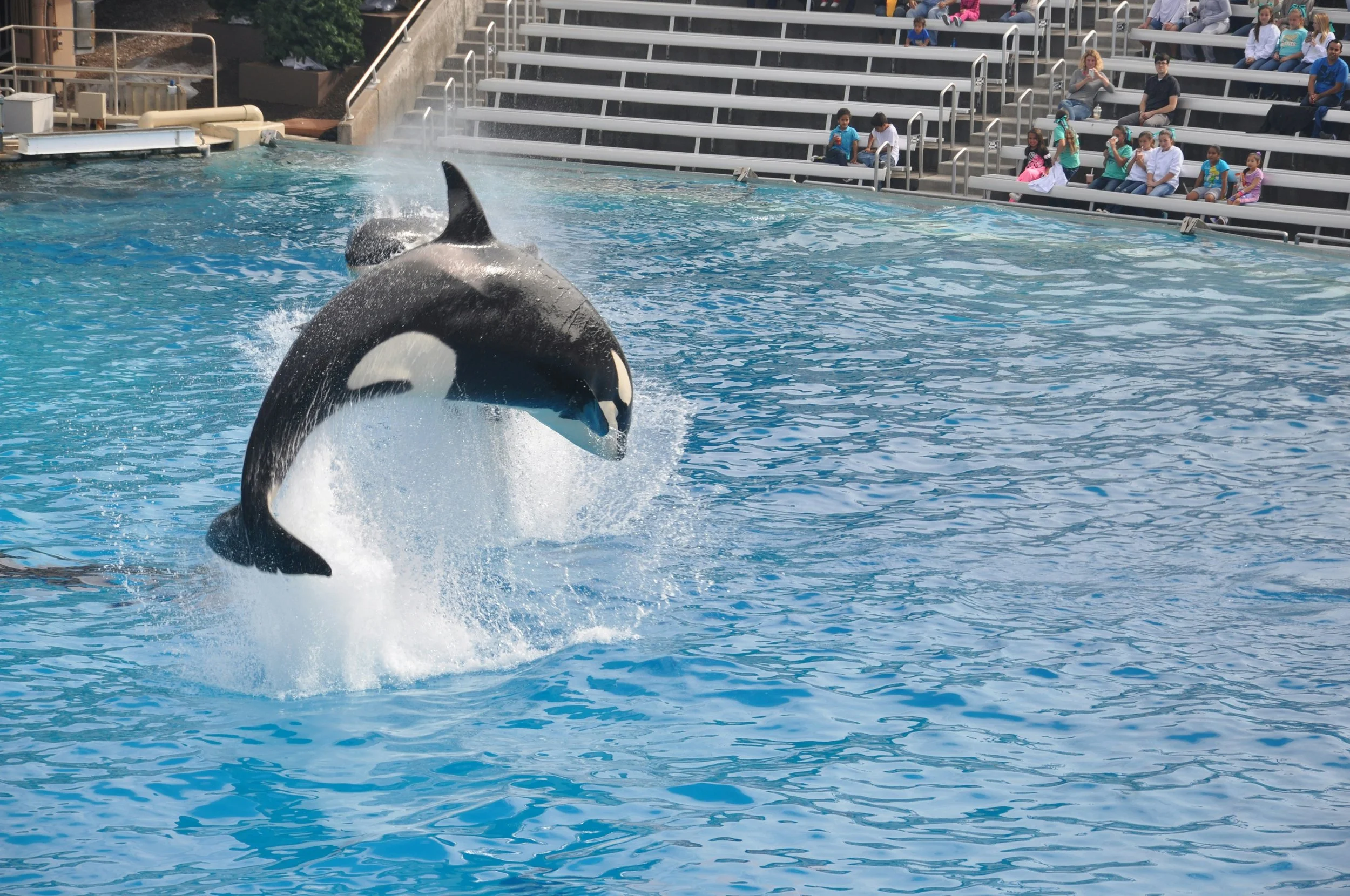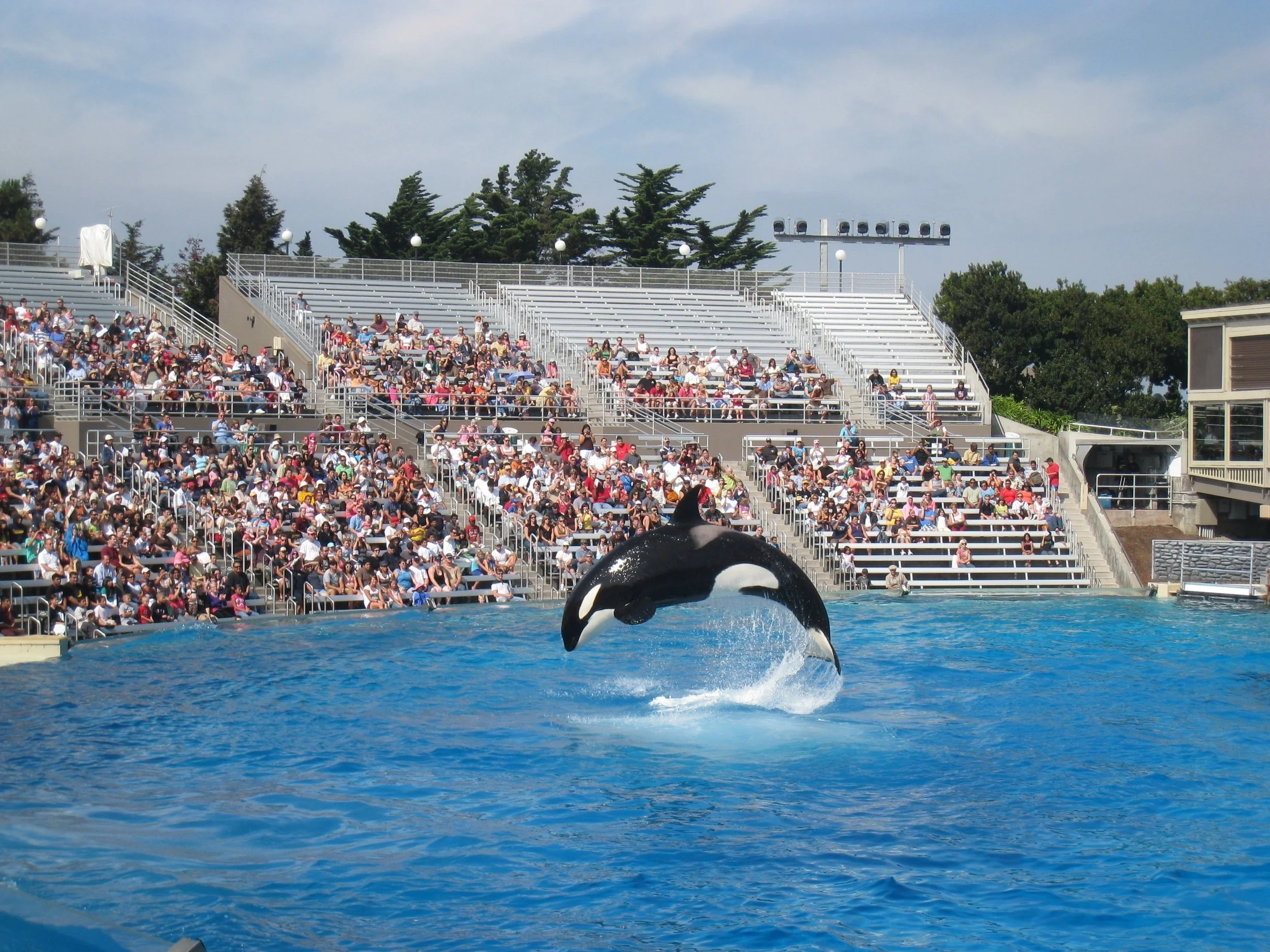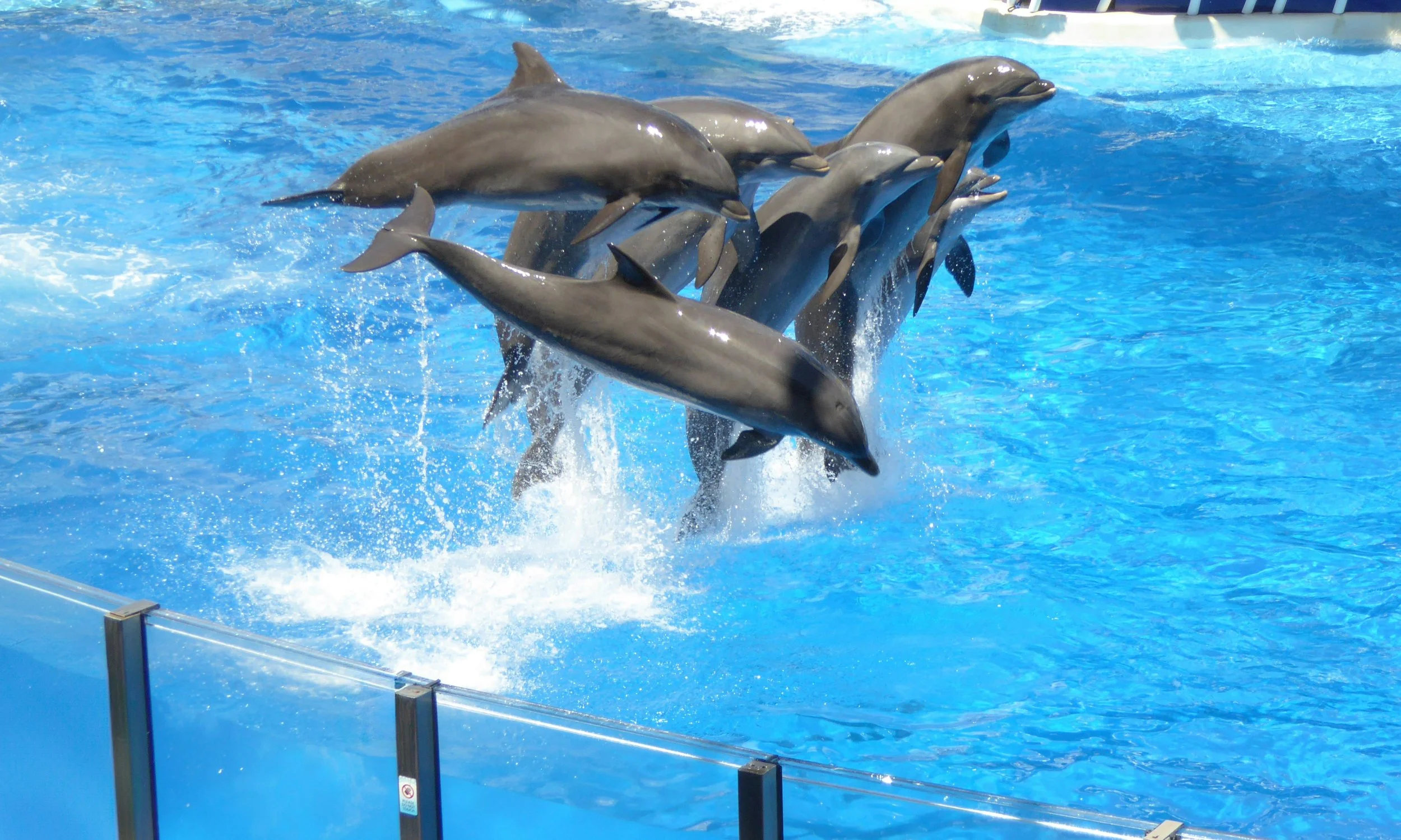SeaWorld Orlando hit with “serious citation” by US government after employee is injured by killer whale
The controversial marine park is accused of not properly protecting the worker, who was in further danger of being bitten, struck or drowned by the whale.
SeaWorld Orlando has been issued a “serious citation” by the U.S. Department of Labor after a park employee was injured by a captive marine animal.
The incident was reported in September last year, when a SeaWorld Orlando employee suffered an injury during a so-called “training exercise” with a captive killer whale.
Following an official investigation by the government’s Occupational Safety and Health Administration (OHSA), the park has been cited for not properly protecting the trainer from hazards while working with the whale.
By allowing employees to work in close contact with the whale, the citation says the marine park exposed workers to the potential for bites, strikes, and drowning.
OHSA has proposed that SeaWorld pay a $16,550 fine over the incident.
Animal welfare groups say that trainer injuries are not uncommon at marine parks, as captive marine animals have been known to attack due to the intense stress caused by their unnatural confinement.
SeaWorld’s own corporate incident log is said to contain reports of more than 100 instances of orca aggression at its parks.
“SeaWorld’s lengthy rap sheet of trainer injuries continues to grow, as dangers abound when complex wild animals are denied everything natural to them and forced to live in tiny concrete tanks with nothing to do but swim in endless circles and lash out in frustration,” explains Tracy Reiman, Vice President of PETA.
According to Reiman, the only way for SeaWorld to ensure the safety of its employees is for the “imprisoned” orcas to be released to seaside sanctuaries.
What’s the Future for SeaWorld?
The popularity of SeaWorld in the West has declined in the last decade as part of a broader public turn against keeping the likes of orcas and dolphins in captivity.
This trend was propelled by the shocking documentary Blackfish, which brought mainstream awareness of the suffering that orcas go through at SeaWorld parks. Since then, the marine park has been plagued with public criticism of its animal welfare and has been dropped by major tour operators including Virgin Holidays and TripAdvisor.
As a result of the downturn, SeaWorld has looked towards other emerging markets like the Middle East, where it recently opened its first park outside of the US in Abu Dhabi.
However, some governments around the world have begun to implement their own bans on keeping cetaceans in aquariums.
In 2019, Canada passed the “Free Willy bill”, which prohibits the trade, possession, capture and breeding of whales, dolphins, and porpoises. The bill effectively ended the practice of using these cetaceans for entertainment in the country.
More recently, Belgium became the latest country to announce a ban on dolphinariums, joining the likes of India, Costa Rica, Chile, Croatia, and Cyprus which already have permanent bans in place.
Use your voice to help keep marine animals in the wild - join Species Unite in urging the USDA to hold SeaWorld Orlando accountable for neglect and revoke their Animal Exhibitor License. Add your name here.
We Have A Favor To Ask…
Species Unite amplifies well-researched solutions to some of the most abusive animal industries operating today.
At this crucial moment, with worldwide momentum for change building, it’s vital we share these animal-free solutions with the world - and we need your help.
We’re a nonprofit, and so to keep sharing these solutions, we’re relying on you - with your support, we can continue our essential work in growing a powerful community of animal advocates this year.






